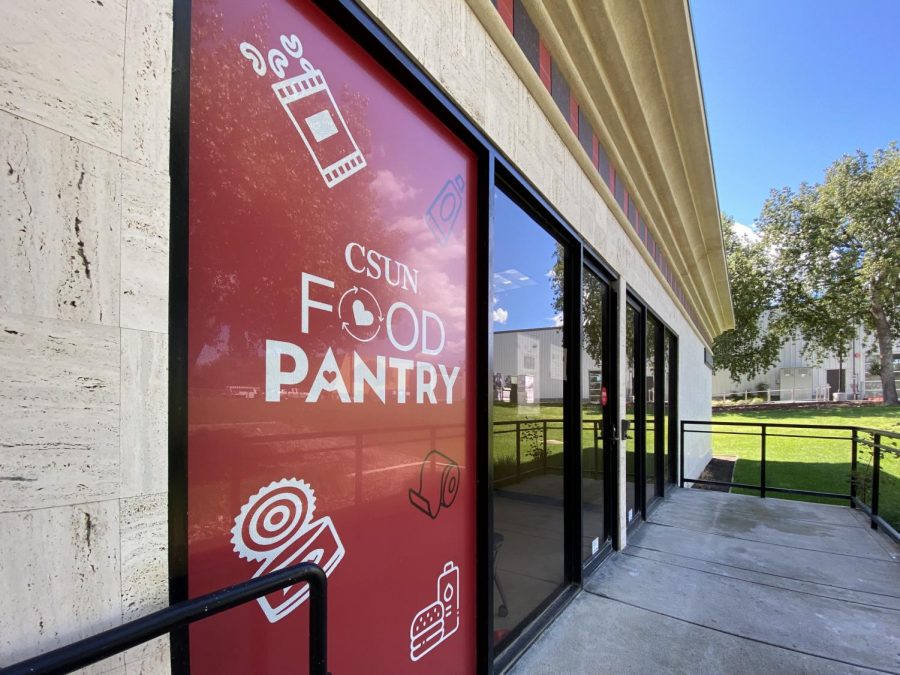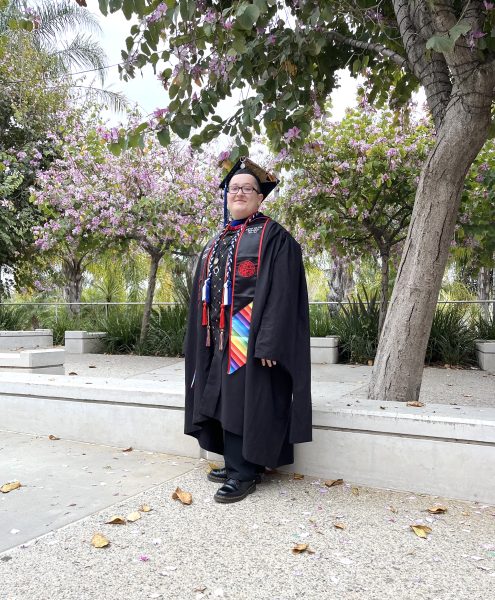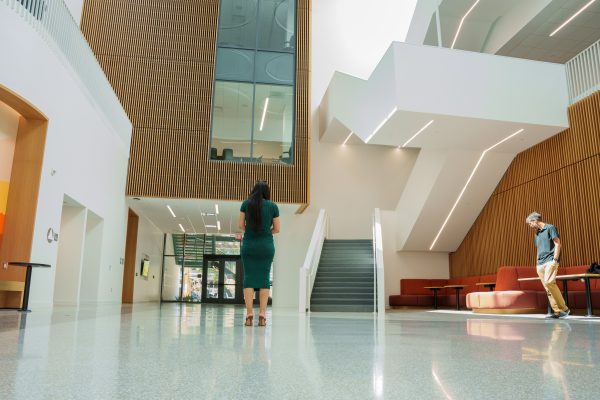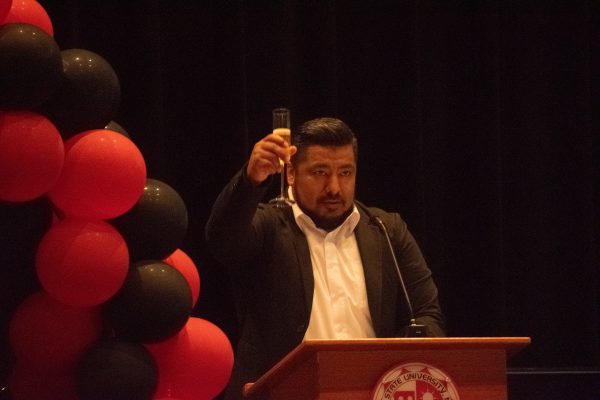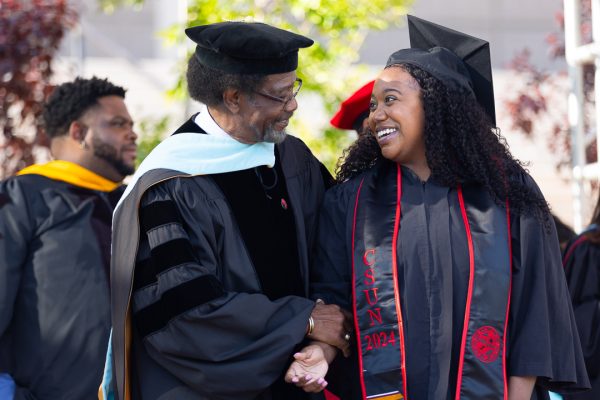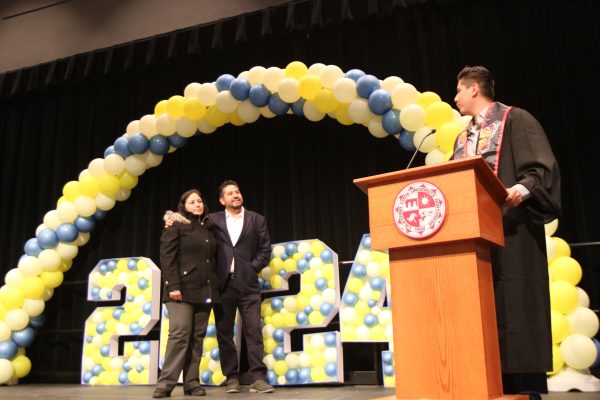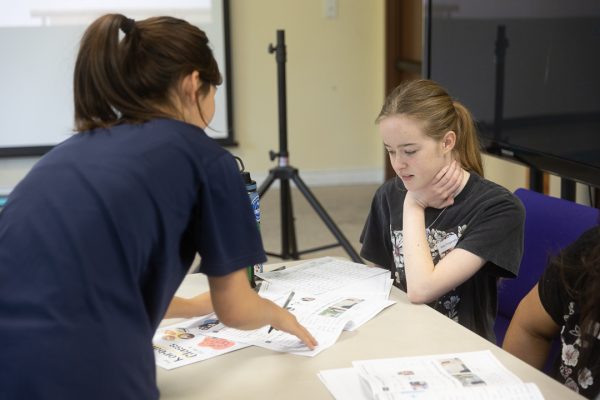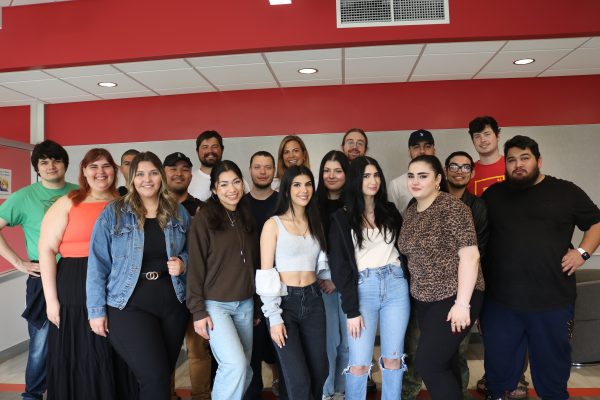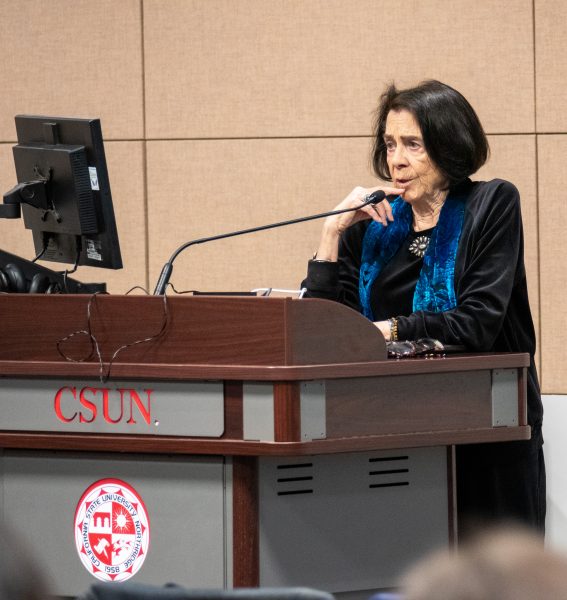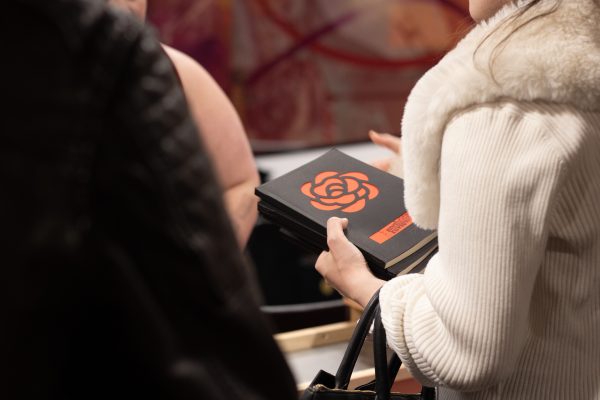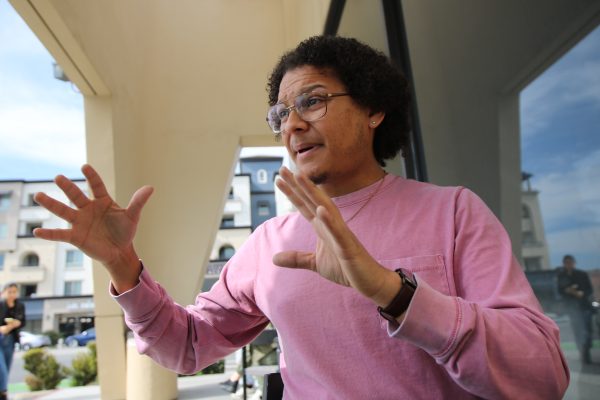California State University food pantries open to all CSU students
California State University students who are currently enrolled may visit any CSU campus for access to a food pantry. A CSU ID is needed as verification for access to the food resource.
March 2, 2021
In an effort to eliminate food insecurity, the California State University Chancellor’s Office announced that the CSU campuses are extending access to their food pantries to students enrolled at any of the 23 campuses.
A 2020 California Student Aid Commission survey revealed that 70% of current college students said that they lost some or all of their sources of income due to the pandemic and many worry about paying for basic necessities, such as housing or food.
All CSU students living or working in the San Fernando Valley are eligible to receive help from the CSUN Food Pantry. Located in Laurel Hall, the pantry is a free resource for students, staff and faculty.
“[The] Food Pantry is a resource that may alleviate some concerns/stressors students face on a daily basis. I think the CSUN Food Pantry is important to continue to prioritize and share with students so they may know that the Northridge Community has resources readily available,” said Associated Students President Rose Merida.
Instead of handing out cup noodles, the pantry focuses on providing students healthier food options such as fruits and vegetables, as well as dry-packed, canned and boxed food. Students can also receive toiletries at the pantry upon request.
The pantry stocks up on supplies by the number of visitors they have seen in the past weeks to ensure there are enough supplies. Students can visit the food pantry once a week and receive a basic needs bag.
The Food Pantry receives donations from on-campus and off-campus communities. Programs like CSUN Sustainability, the Marilyn Magaram Center and the CSUN Athletics Department donate to the pantry. Various clubs and organizations on campus, such as the Health Education Student Organization, donate supplies to the pantry as well.
The pantry also collaborates with CalFresh Outreach and their new program, CalFresh Healthy Living, a nutrition education workshop operated by the Oasis Wellness Center.
CSUN is known for being a commuter school where a majority of students commute to the campus for classes. Students who had to return home due to the pandemic can benefit from receiving basic needs support from their neighboring CSU.
Christel Bowen, activities assistant for Food Programs, said that it is important for students to be able to access basic needs assistance close to where they live.
All 23 campuses are working on offering services to students through emergency grants or emergency housing, CalFresh application assistance and food pantry or distribution programs.
Campuses are also offering referrals to local community housing support, local county CalFresh offices and local food pantry/distribution programs. Assistance to services may depend on local availability and resource limitations.
Students are required to wear a face mask when visiting the pantry as per COVID-19 safety regulations.
“One of things that we have done really well and continue to do our best is make the environment very inviting and try to make sure people feel comfortable when [students] come visit us,” Bowen said.
The only requirement for students to access the pantry is providing proof of enrollment. Students can use their CSU ID as proof. First-year CSUN students who do not have a student ID can use their myCSUNprofile located in their myNorthridge portal.
The Food Pantry operates Mondays and Tuesdays from 9 a.m.to 1 p.m., and Wednesdays and Thursdays from 1 p.m. to 5 p.m. For more information please visit the CSUN Food Pantry website, or their social media accounts on Twitter, Instagram and Facebook.
Students that do not live near a CSU campus should visit the findhelp.org to locate the nearest local community food pantry.
